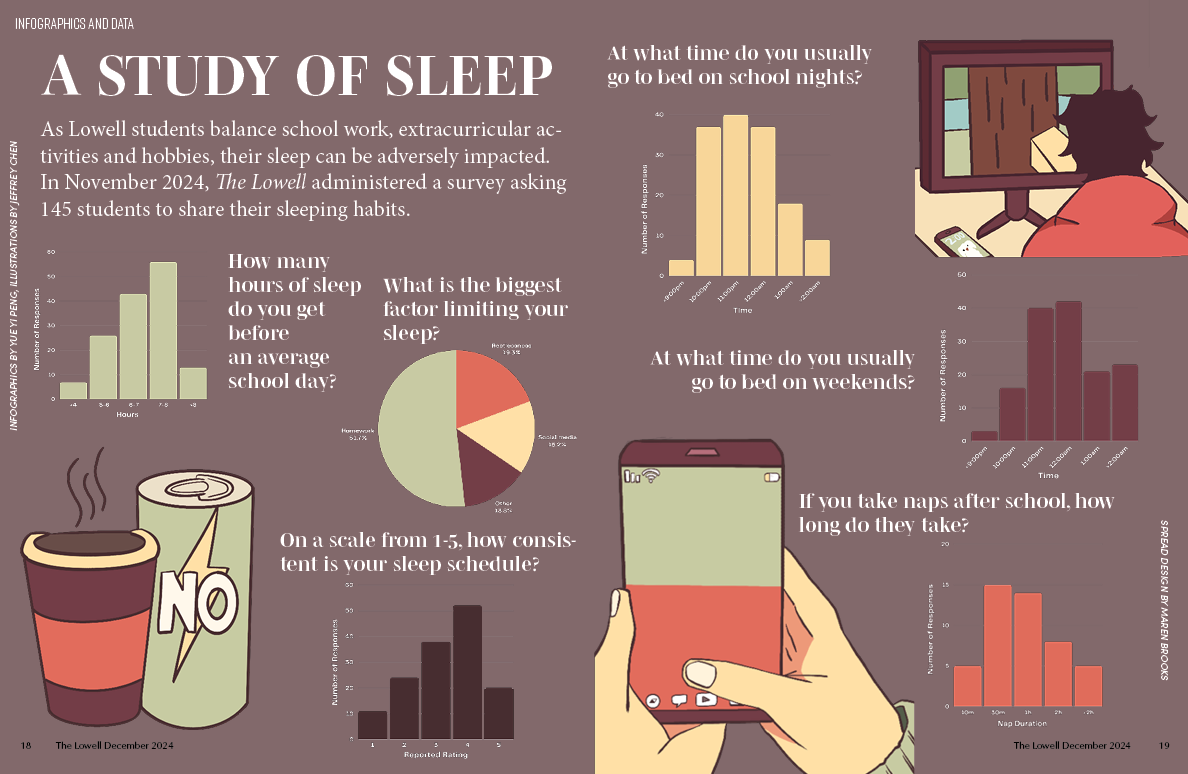Originally published on June 17, 2015
An American high school student stands in front of a crowd of unfamiliar, foreign faces. He begins to feel a bit anxious as he scans the room of students thousands of miles away from his home. Today, this American student is volunteering his time by teaching an English class in another country, and he is not alone. One million people from the United States volunteer in foreign countries each year.
This phenomenon has led to opposition, but if these volunteer opportunities known as “service trips” are done right, they can create a positive impact.
Voluntourism?
“Why go abroad if you can serve at the local homeless shelter?”
Students on service trips often travel to developing countries to experience new cultures and perform community service activities like planting trees or building schools. Some critics consider service trips to be “voluntourism,” as they can merely be chances for volunteers to tour a foreign country and appear heroic when they say that they ‘saved’ people in another country.
Critics have questioned the value of volunteering in other countries when similar problems like poverty exist in the United States, according to “An African’s message for America,” a New York Times Op-Ed video that features Kenyan activist Boniface Mwangi. In the video, Mwangi, who has witnessed election violence in Kenya as well as race issues and poverty in the United States, asks students at Duke University, “Why go abroad if you can serve at the local homeless shelter?”
Volunteers also often perform tasks that may take away locals’ jobs, according to a study done by Queen Mary, University of London’s South Africa’s Human Sciences Research Council.
In other instances, volunteers with honest motives are not capable of successfully completing the work they intend to do in a foreign country. One volunteer, Pippa Biddle, went to Tanzania on a quest to build a library. In the article, Biddle describes how the volunteers’ work had to be redone. “Turns out that we, a group of highly educated private boarding school students, were so bad at the most basic construction work that each night the men had to take down the structurally unsound bricks we had laid and rebuild the structure so that, when we woke up in the morning, we would be unaware of our failure.”
In the worst case scenario, service trip companies can abuse the good intentions of volunteers while hurting locals as well. In Cambodia, the popularization of service trips has led companies to tempt impoverished parents into giving up their children to orphanages whose owners benefit from the influx of volunteers and donations.
Successful Service Trips
“It’s a long time to be away from home and it’s a scary thing to put college off for a year, but I have full faith that it is going to be completely worth it.”
Although service trips may have some negative aspects, they can have lasting positive impacts on those helping and those being helped if companies and students take steps to ensure an ethical experience.
Programs such as Global Student Embassy, which focuses on resolving global environmental issues throughout the world, allow students to collaborate with locals. The students do not deprive locals of jobs, according to AP Environmental Science teacher Katherine Melvin. Melvin took students on a trip to Nicaragua during spring break of 2014 to work in a garden to provide food for children in a school that could only afford packaged foods.
Some service trip programs provide tangible help and positive change. Global Student Embassy does so through reforesting trees and teaching locals gardening methods, both of which can help a community to sustain itself after volunteers have returned home. What do the locals think? The company’s website shows Juan Silva Alberto Berrios, a Nicaraguan who participated in one of Global Student Embassy’s exchange programs and found the experience helpful. “While visiting GSE programs in California, I was able to see a lot of gardens and help expand the programs there,” he says on the website. “I will bring new things to teach my community back in Nicaragua.”
Lowell junior Francine Schneider attended the Nicaragua trip with Melvin and also said the experience was positive for both parties. “It is easier to help people in the U.S. and I can contribute more, but that does not necessarily mean that trying to contribute something beneficial to other countries should be thrown to the wind,” Schneider said. “Seeing as the projects I participated in aimed to increase the longevity of the communities and teach essential skills to those living in them, I feel like this particular program was a good idea.”
Lowell senior Alana Poole spent a summer abroad designing an anti-domestic violence mural, teaching English to law students and shadowing a local high school student in Nicaragua. Poole especially wants to create a lasting impact, as she decided to take a gap year through Global Glimpse called a Global Citizen Year. She will be teaching in India from Aug. 2015 to April 2016. “I am extremely excited about this upcoming trip because this is exactly what I want to do after college too,” Poole said. “It’s a long time to be away from home and it’s a scary thing to put college off for a year, but I have full faith that it is going to be completely worth it.”
Many would agree that young people should be encouraged to have altruistic motives and travel experience.
The type of work that service trips involve is a main factor in determining its effectiveness.
Many students like senior Cora Monokandilos, who was a part of Global Student Embassy’s Nicaragua trip, realize the benefits of volunteering and show a willingness to help other countries. “It felt good to connect to the kids and rewarding to know that what we did help them,” she said. “I learned how to truly connect to people and actively help them.”
Ways to Ensure an Effective and Ethical Experience
Service trips can be worth participating in, as long as volunteers choose an honest organization. Research the organization: is the project sustainable? How much of volunteer fees actually go towards bettering the locals? These are critical questions that the company and former alumni should have answers to.
The type of work that service trips involve is a main factor in determining its effectiveness. Construction-related assignments like the one described by Biddle in The Huffington Post may be harder to successfully complete, but education and teaching-related services trips like the one Poole went on can foster cultural understanding and may be less likely to leave behind harmful effects.
Organizations that rate the effectiveness of service trip companies such as the British Youth Travel Awards can be helpful for students deciding which company to volunteer with. Kaya Responsible Travel won the 2014 British Youth Travel Awards for Best Volunteering Organization. Students can find opportunities through the organization and continue making a difference as adults, perhaps during a gap year.




